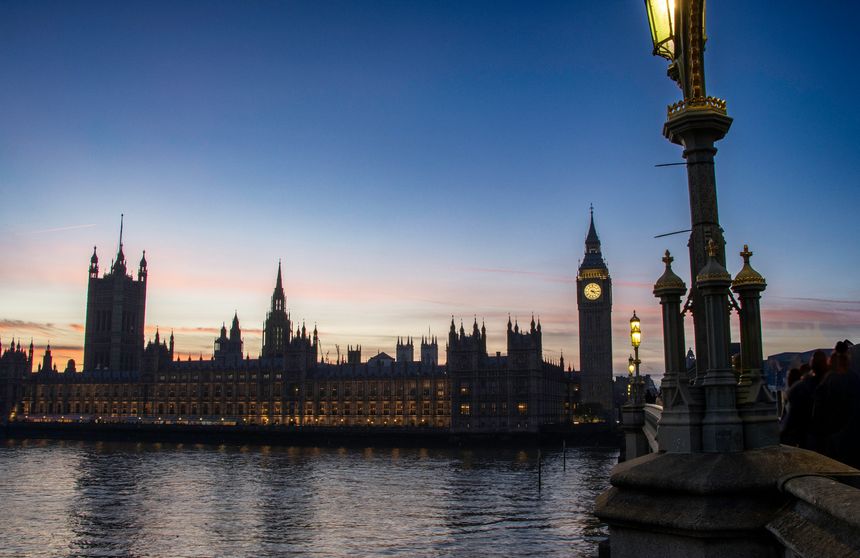On 16 October the House of Lords debated the lengthy Crime & Policing Bill. Nearly 70 members spoke on the wide range of issues which the bill covers from cycling to cuckooing, abortion to honour based crime, shoplifting to spiking.
The Bill contains proposals for implementation of two recommendations of the Independent Inquiry into Child Sexual Abuse – changes to the law of limitation for victims of child sexual abuse and the introduction of wider mandatory reporting requirements where there has been abusive behaviour.
The key points of the debate on each subject are those noted below. The concluding comments by Lord Hanson of Flint note that there will be further debate on these topics during the Committee Stage, the dates for which have not yet been announced.
Limitation
- The abolition of time limitations for historical child sexual abuse cases (Clause 82) was generally welcomed, as it addresses the trauma and delayed reporting often experienced by survivors.
- Concerns remain that the new “substantial prejudice” test, introduced in Clause 82, could create uncertainty, delays, and additional hurdles for survivors, potentially undermining the intended reforms.
- There was debate over whether the changes are necessary, with some peers arguing that the law is already fair and that the new provisions could lead to more uncertainty and legal disputes.
- It was suggested that the current law already allows courts broad discretion to disapply limitation periods in child abuse cases, and the proposed changes may introduce unnecessary complexity and risk increased litigation.
- Significantly the scope of the reforms was questioned, including whether they should cover other forms of abuse (physical, emotional, neglect) and how “settled by agreement” is defined.
Mandatory reporting
- The Bill’s introduction of mandatory reporting for child sexual abuse was widely welcomed as a historic step.
- Some members argued that the duty to report is too narrow, as it is triggered only by direct disclosure or witnessed abuse, whereas most abuse is neither disclosed nor witnessed; they called for the duty to extend to cases where there are reasonable grounds to suspect abuse.
- There was concern that the Bill lacks real sanctions for failure to report, and that without criminal penalties or accountability, the law may not change institutional culture or prevent cover-ups.
- Training and clear guidance for mandated reporters were seen as essential to ensure professionals can identify and act on signs of abuse, not just disclosures.
- Some peers highlighted the risk that the current wording could criminalise minor consensual activity between young people or undermine trust in health services, and called for careful drafting to avoid these issues.
- There is a strong call for the Bill to cover all forms of child abuse (including physical and emotional abuse and neglect), not just sexual abuse, to better protect children from exploitation and harm.
- The need for accountability was emphasised, including penalties for individuals or institutions that deliberately conceal abuse, and the importance of there being a robust inspection regime to ensure compliance.


/Passle/59994aefb00e801a0c1447be/SearchServiceImages/2026-02-19-10-36-56-727-6996e7c85e7746f10b76648d.jpg)
/Passle/59994aefb00e801a0c1447be/SearchServiceImages/2026-02-09-10-17-10-869-6989b426d736d254086c16a7.jpg)
/Passle/59994aefb00e801a0c1447be/MediaLibrary/Images/2026-01-22-14-35-05-958-69723599b0183f59ca4b3580.jpg)